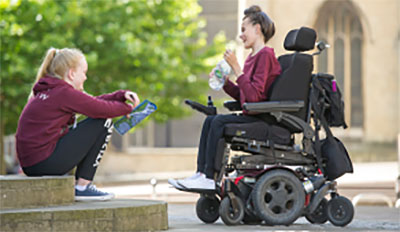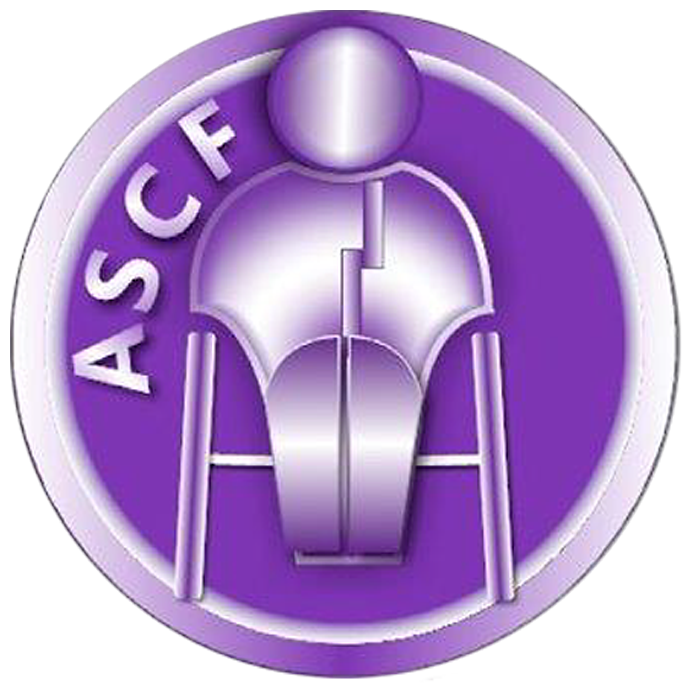Arkansas Spinal Cord Foundation
Enhancing Quality of Life for Individuals with Spinal Cord Disabilities
Who We Are
Since 2004, The Arkansas Spinal Cord Foundation’s (ASCF) mission has been to enhance the quality of life for individuals with spinal cord disabilities. We raise public awareness on spinal cord disabilities (SCI/D); awareness of durable medical equipment; knowledge on home modification and wheelchair ramp needs; and scholarship opportunities resulting in self-reliance and the ability to be as independent as possible.
The Stats
- Traumatic injuries, such as, motor vehicle crashes, falls, violence, pedestrian strikes or diving.
- Birth defects, such as, spina bifida.
- In addition, non-traumatic spinal cord disabilities resulting from spondylosis, multiple sclerosis, ALS, spinal cord tumors, transverse myelitis or other disease processes.
- Spinal cord disability is expensive. Each year, the average spinal cord-related cost of health care and living for a person with paraplegia is $72,642. (National Spinal Cord Injury Statistics Center, 2022)
The Effects
Spinal cord disabilities are among the most complex and costly to manage in any healthcare system or home setting. Ongoing management and treatment of acute and chronic health issues in this population routinely involve multiple body organ systems, including genitourinary, gastrointestinal, skin, respiratory, cardiovascular, autonomic nervous, and neuromuscular systems, as well as psychosocial issues. No matter what the cause, the effects are the same:
- Paralysis
- Lack of sensation
- Inability to empty the bowel and bladder independently.
These individuals may need assistance with the most basic daily activities. They need assistive devices such as wheelchairs, lifts and braces. Since the vast majority use a wheelchair, they also need environmental changes such as ramps, widened doors, bathroom modifications and hand controls for driving. Individuals with spinal cord disabilities are also susceptible to secondary conditions or medical complications such as pressure sores, infections, chronic pain and spasticity.
Our Goals
Your support enables the ASCF to work in the
following areas.
- Collaboration among all stakeholders in their common goal to improve quality of life for individuals with SCI/D.
- Identify meaningful benefits for daily activities, community participation, or quality of life that have been altered by SCI/D.
- Provide resources and advocacy for community access and integration.
- Disseminate awareness information about SCl/D.
- Develop effective programs and initiatives in support of Arkansans with spinal cord disabilities.
ASCF – Enhancing Quality of Life and Health for Individuals with Spinal Cord Disabilities

